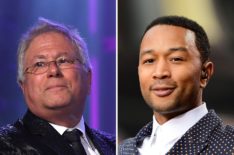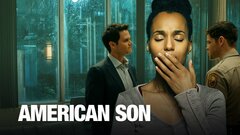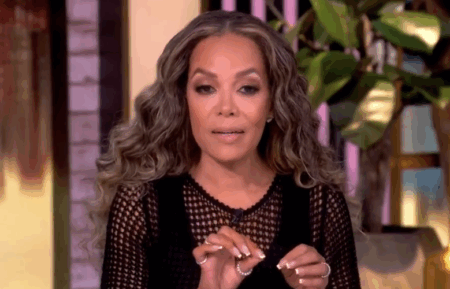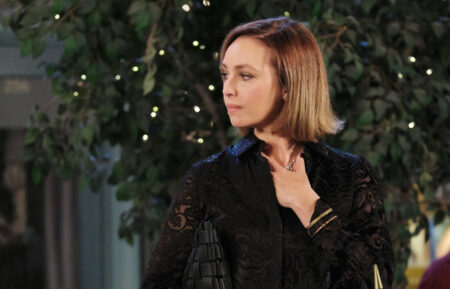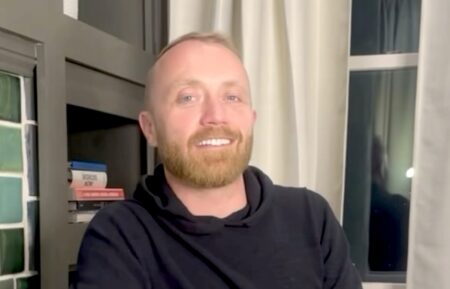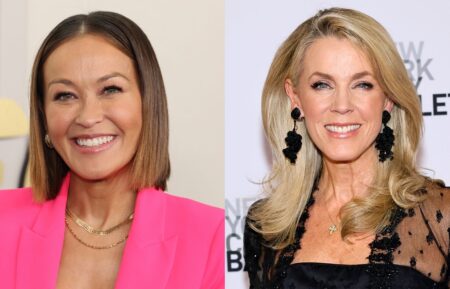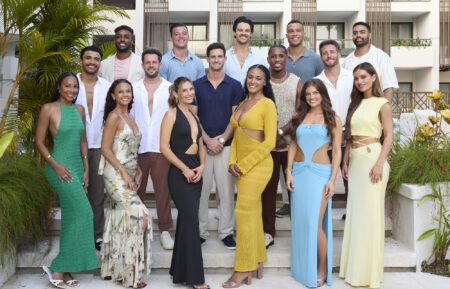‘American Son’ Director Kenny Leon on the Importance of Its Emmy Nomination
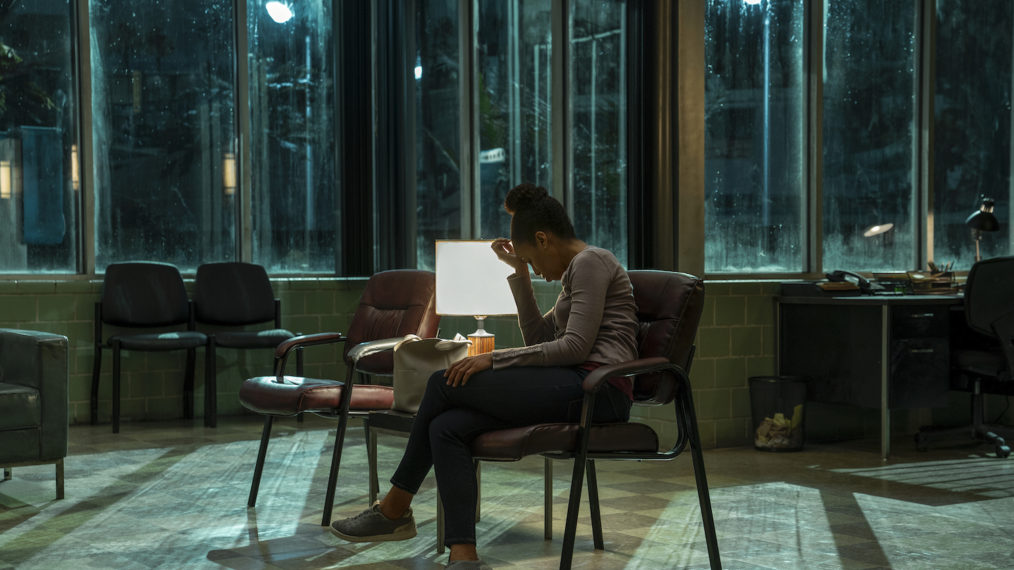
Emmys
American Son is so much more than a movie.
Originally a play adapted for Netflix and starring the original cast (Kerry Washington, Steven Pasquale, Jeremy Jordan, and Eugene Lee), it tells the story of the mother (Washington) of a missing teenage boy trying to piece together the events of a night while sitting in one room in a police station in South Florida. Written by Christopher Demos-Brown and produced and directed by Kenny Leon, it was nominated for an Emmy for Outstanding Television Movie (along with Bad Education, Dolly Parton’s Heartstrings: These Old Bones, El Camino: A Breaking Bad Movie, and Unbreakable Kimmy Schmidt: Kimmy vs. the Reverend).
Here, Leon reacts to the nomination, looks back on adapting the story for film, and explains why you should watch the credits.
What was your initial reaction to the nomination?
Kenny Leon: I was really surprised, but I was so proud of the work, and I’m glad that the folks took notice of it. It reminded me when we screened the film in Atlanta, we had 29 Black and brown mothers, who had lost their sons to police violence, and I remember the mothers telling me, “thank you for telling this story. Keep this alive. Keep this conversation going,” so whenever American Son gets noticed for anything, I just think about this story is helping to keep alive the stories of so many mothers who have lost their children. The impact that it’s had nationally and across the world has been pretty amazing, and the fact that the Emmys could honor that work, it’s just amazing for me.
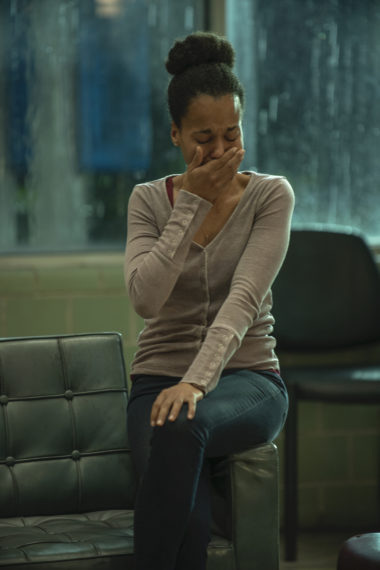
(David Lee/Netflix)
Also my relationship with Kerry Washington goes back. After Hurricane Katrina we worked on something called Swimming Upstream, and we were the first group to do some art in the Superdome with the women of New Orleans and to come back, to go to Broadway with her on American Son… The first day we worked on this in New York, I said, “Kerry, this is a movie, and it’s also a great play.” To work with that cast for six months on stage and to then lead to recreating it for television was a fantastic treat for me. … It’s a great play and it’s a great film. You hardly ever find stories that can serve both.
… My favorite moment of the play is the last line in the film is, “I can’t breathe,” and for the film, we had those words come out of a white man’s voice, and people ask, “did you make that after George Floyd?” “No, we made the film 18 months ago, but Eric Garner said those same words,” and as a filmmaker, I wanted to put the words into the white father’s mouth so that we start looking at all of America’s children as our own children, and that’s when we’ll stop this crazy relationship between the police and the community.
… I’ve received so many phone calls and emails about [American Son] that I’m just more proud of the work and I’m really proud of Netflix in telling everybody’s story. Diversity in storytelling is good for business, too. …It was tough work, but it was a labor’s love. I am ecstatic and so proud of Kerry Washington and the work she did on Little Fires Everywhere and the work she did as an actress and producer on American Son.
Is there a moment or moments that stood out to you while directing the film as opposed to the play?
[On the first of the five days of filming], I said, “let’s roll tape with three cameras at the same time, and let’s see how far we can go before cameras get in each other’s way,” and we did that for 20-25 minutes, and it was just amazing. I said, “that’s great, let’s keep that. Let’s keep the rain going, let’s put a camera outside that glass, looking through the rain to Kerry’s tears,” and to see a mother’s tears up against the rain, up against glass, you can’t see it in a theater. That rain was our fifth character, and it kept the tension in the scene.
When I look at the film, as opposed to the play, I retitled the film to be called A Mother’s Worst Nightmare, so everything is through what the mother is feeling. On Broadway, it was about four characters, all different people, different places. For the film, all those shots with the camera outside looking through the rain, those were pretty amazing to me.
And the last scene, where the camera dollied past the two parents in grief—because I didn’t want the camera to stay on them, I didn’t want it to be about their loss, I wanted it to be about the need for all of us to hug all of our children in our country—and out the window to find that empty car, to pan up to the sun, that’s my most precious moment.
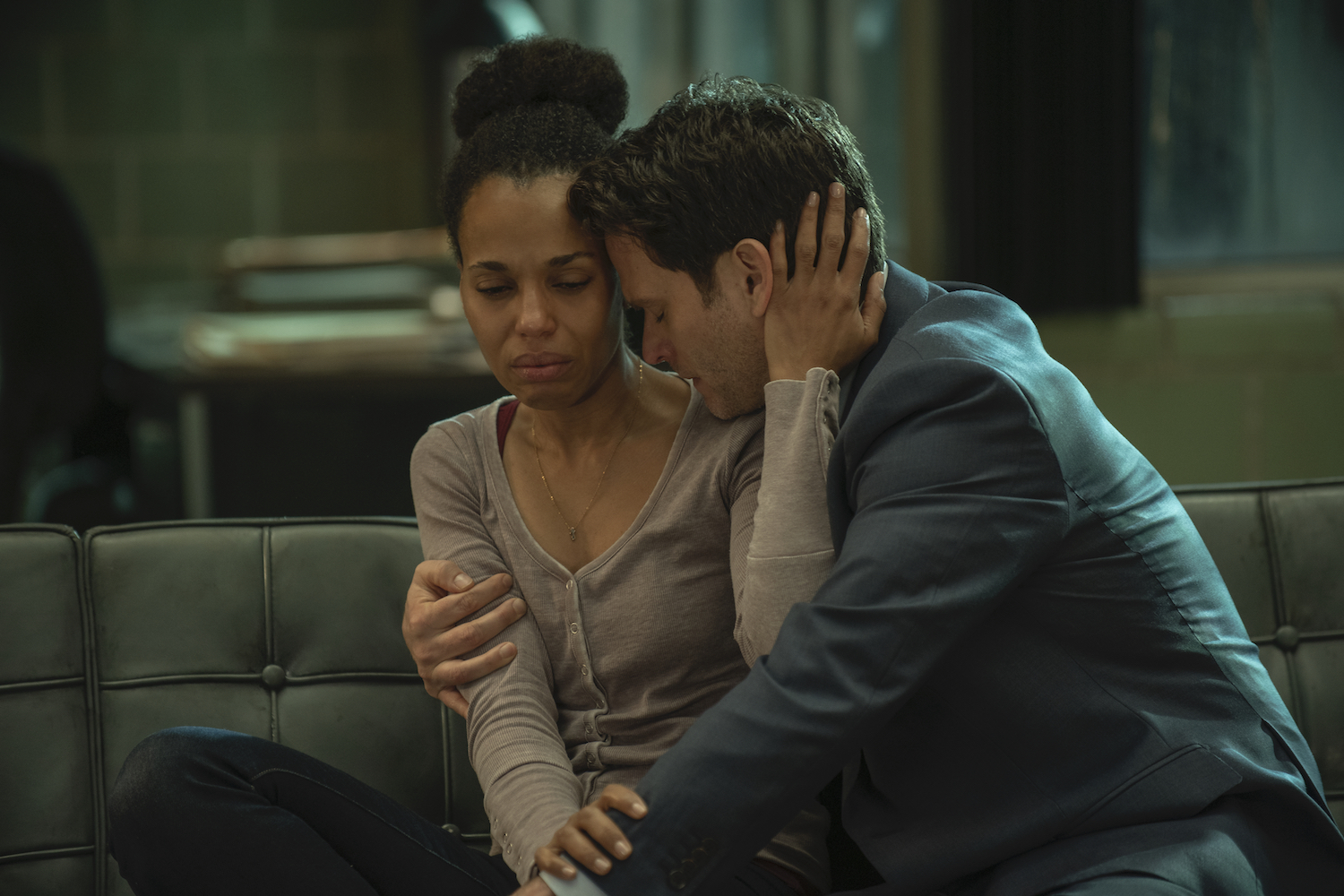
(David Lee/Netflix)
I know that it was important that we don’t see Jamal so everyone could see him as their child. Were there any conversations about possibly changing that or about how much it would flash back to him and Kendra?
No, it never changed because I had a couple conditions [for the film]: I use the entire cast who’d been working together for six months and we never see their son because that was part of the vision I saw for it. Actually, the only time I wanted to see light and Jamal was when Kendra’s telling that story and she says, “at night, you don’t know what it’s like to be a Black mother,” and she walks down the hall and she looks in that room to see her son asleep. In the film, you see a body moving under the blanket, but you don’t see the person’s face. Actually, that was my brother, who’s an engineer in Florida, who just happened to be up in New York when I was shooting the film.
… We see the movement and the life of him, but I didn’t want to see his face. We have a huge problem with our country with racism, and once people see the face, then it becomes that person. That was a deal-breaker for me. If someone demanded we show his face, I wouldn’t have made the film.
Is there anything you wanted to do as a director with regard to the different dynamics between the characters in the film?
It was important to me to keep it moving, keep cameras moving, to keep the tension there. It’s a horror story for the mother, but secondarily, it’s a love story, so I kept encouraging Steven and Kerry to “just remember, at one point, you loved each other and you love your kid.” I loved the humor in it. We look for those moments to find the humor, to find the love, to have that flashback when they saw the little bird. Those moments were really important, and that was all true because sometimes people think, “oh, this is just a movie about they gotta worry about their son, no, but they have other things to talk about because they have shared memories,” so it was important to me that I remind Kerry and Steven, “you were married for a long time and that didn’t go away. Your anger in terms of, he’s left you for a younger, white woman, that’s still there.”
So we had those moments where we came away from the immediate concern and moments like that. Sometimes they want to get away from the moment, they don’t want to talk about the moment—if you’re in a hospital, visiting someone ill, you try to talk about other things, tell a joke—so we had a lot of those moments and I thought that important. And I thought it was important that we keep the first 10 minutes moving, so we learned a lot about that character. It was just four great actors who always found each other’s eyes and most of the time we were running three handheld cameras.
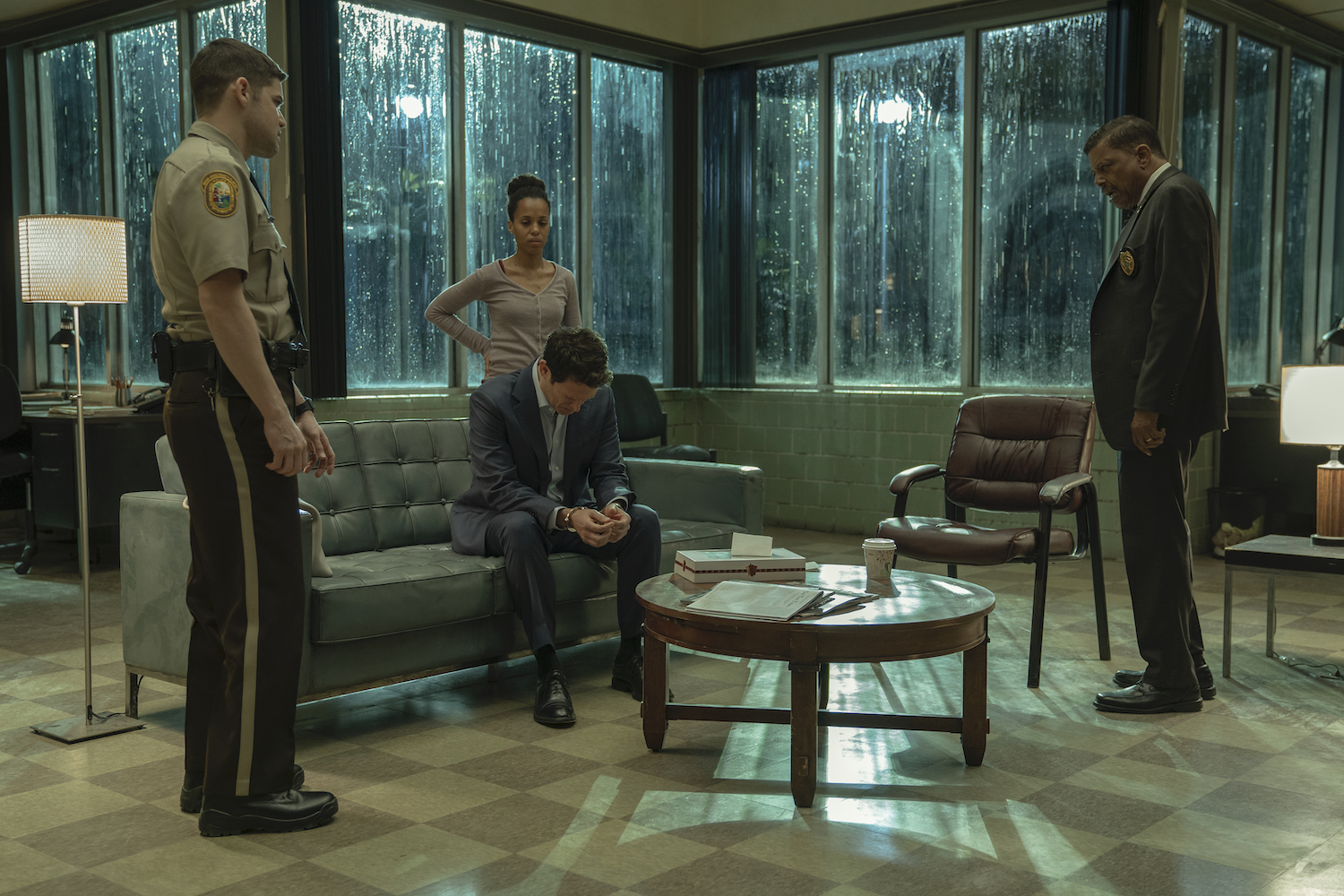
(David Lee/Netflix)
Were there any scenes you enjoyed directing more for the movie or the play?
The film had nothing to do with the stage play other than that’s where we found the truth of the characters, and then it was just about finding those moments. Kerry Washington said to me one day, “Kenny, you have to realize that I’m in a room at 4 a.m., a Black woman with three men, all with guns,” and so that image guided me. [For example, when Jordan’s character] got hyper and raised his voice, you can see Kerry look down at his gun, or when Eugene comes in at the end, there’s a gun there. I wanted to keep the element of danger alive. [Keeping] what a woman feels like in a man’s world was important to me, and I wanted men to learn something about our behavior in the spaces of women. I wanted to say a lot about that, and that had to do with the way I shot a lot of things as well.
What are you hoping people take away from this movie, not only watching it for the first time but perhaps what you’d like them to pick up on a second or third viewing?
When that movie’s over and that camera pans up to the sun, I want people to make that a personal moment, to ask themselves questions about America’s children, to ask themselves questions about relationships, about race. I created that moment just for the viewer, and if I could say anything I would encourage them to keep listening through the credits because I have a song there that I personally picked that says a lot as well, and if people could just pay attention to that, they would get something more out of the film, even after the film is over. It’s designed for them to sit in their own thoughts and listen to that music.
American Son, Streaming Now, Netflix


